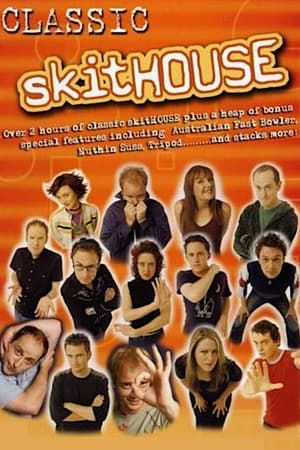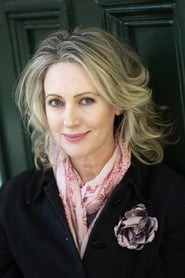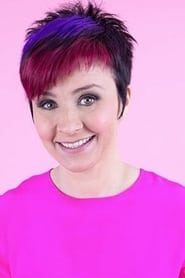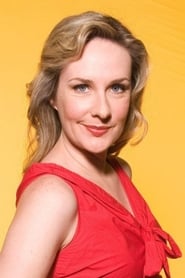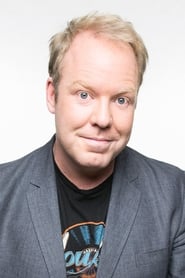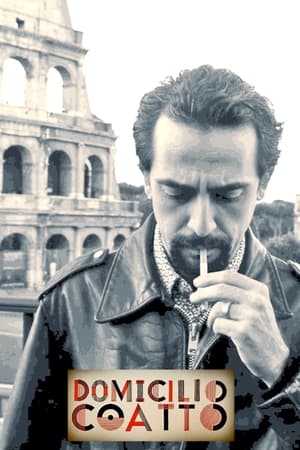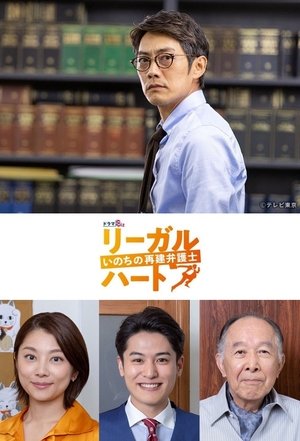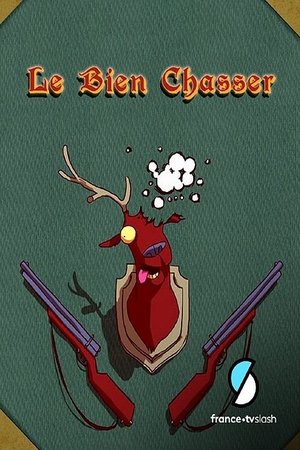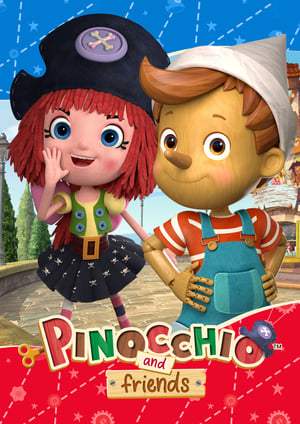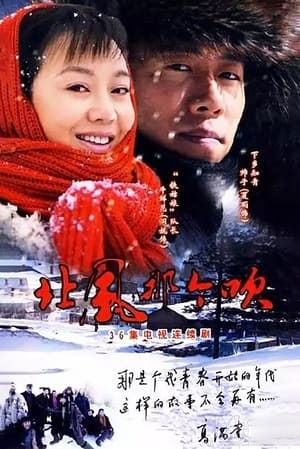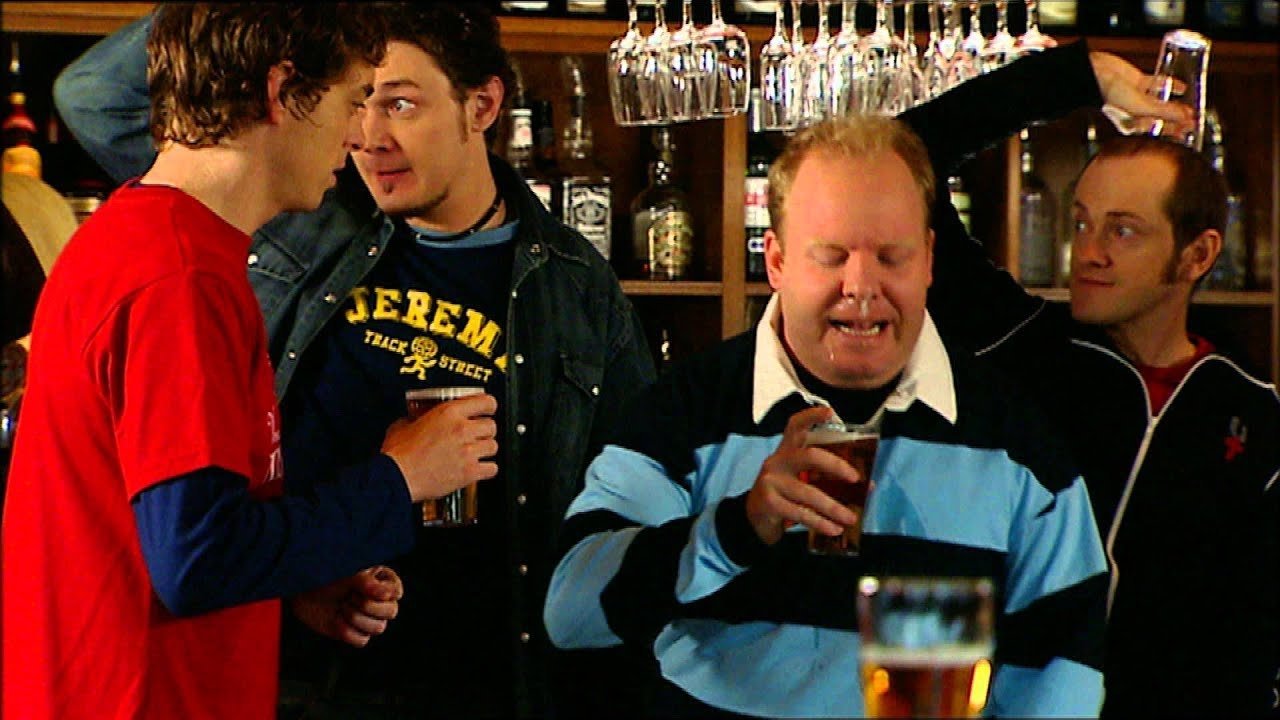
skitHOUSE(2003)
Overview
skitHOUSE was an Australian sketch comedy television series that ran on Network Ten from 9 February 2003 to 28 July 2004. The series was produced by Roving Enterprises. It featured many well-known Australian comedians, including comedy-band Tripod. Reruns can now be seen on The Comedy Channel on Foxtel. In the UK, it is shown on the channel Paramount Comedy 2 and Trouble. The title name itself is a pun on the colloquial word: "shithouse". The series only ran for two seasons, before being cancelled due to a combination of dwindling ratings and the withdrawal of the cable network Foxtel as co-financier of the program's production.
Networks:

Top 5 Billed Cast
Recommendations TVs
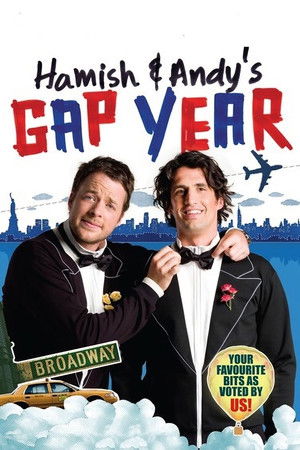
Hamish and Andy's Gap Year (en)
In a rare example of foresight, Hamish and Andy have announced that they’ve “kind of, pretty much” decided what they want to do with the extra time they have in 2011 – they are going on a gap year to America. However, Hamish and Andy remembered that they told Channel Nine they would do a TV show this year as well, so while continuing their weekly radio show for Austereo's Today Network, they’ll now attempt to combine their dream gap year with a TV series.
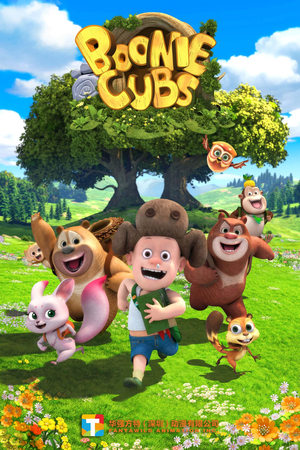
Boonie Cubs (zh)
Following the adventures of Boonie Bear brothers Briar and Bramble as they learn life lessons.
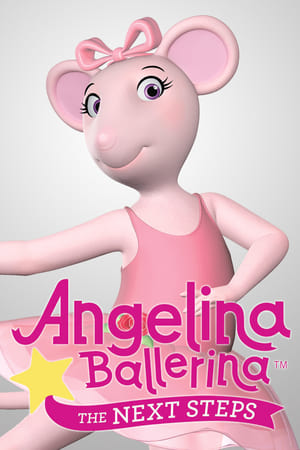
Angelina Ballerina: The Next Steps (en)
Join Angelina Ballerina as she finds her way in her new school, puts together her own show and tries to land a leading role in the Mouskinov Ballet. Prepare to pirouette along with everyone's favorite ballerina in these sparkling stories!
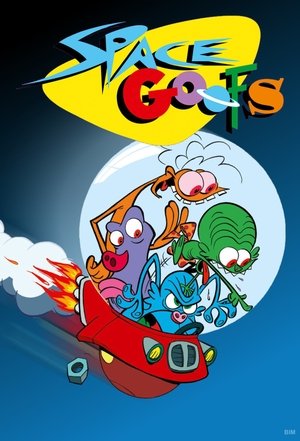
Space Goofs (fr)
Five peculiar monsters from a distant galaxy crash land on Earth. Quickly, realizing that if discovered by the government they will end up as laboratory experiments, they hide in the attic of an empty house. But the house is for rent! Our alien friends have a hard and hilarious time getting rid of each new tenant, as they discover that this world of "strange earthlings" is even more bizarre than the world they left behind.
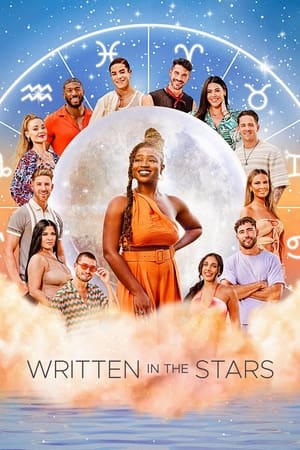
Written in the Stars (en)
Three of the world's top astrologers match 12 single strangers into six couples, using only their birth charts. This sun-soaked social experiment will put astrology to the test to discover if the stars hold the answer to finding true love.
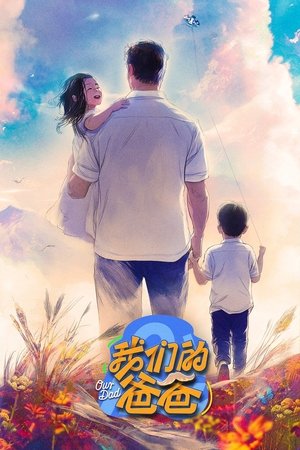
Our Dad (zh)
Our Dad is a life observation reality show featuring a "Neighborhood Parents Group" composed of Fu Shou'er, Miao Miao, Chun Wu, Xu Xin, and Yang Zi, with Oscar Tao serving as the "Intern Dad." The show focuses on the interactions and growth between fathers and their children, presenting viewers with the most authentic, heartwarming, and entertaining portrayals of parent-child relationships.

The Accused Is My Father (ar)
The story revolves around an Arabic school teacher who is admired by his students. When his son is assaulted by some spoiled teenagers at the club, their parents force him to withdraw his police report and events escalate.
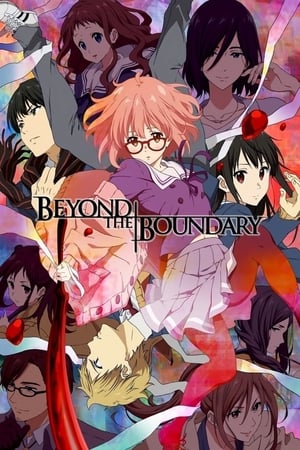
Beyond the Boundary (ja)
The dark fantasy follows a high school sophomore named Akihito Kanbara. Although the boy appears human, he is half Youmu and invulnerable to wounds because he can heal quickly. One day, Akihito meets freshman Mirai Kuriyama when it seems she is about to jump from the school rooftop. Mirai is isolated because of her ability to manipulate blood, which is considered heresy among members of the spirit world. Disturbing events begin to unfold after Akihito saves Mirai.
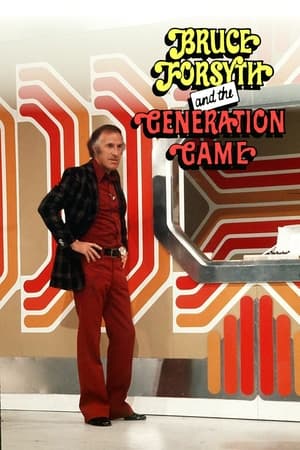
The Generation Game (en)
The Generation Game was a British game show produced by the BBC in which four teams of two competed to win prizes. The programme was first broadcast in 1971 under the title Bruce Forsyth and the Generation Game and ran until 1982, and again from 1990 until 2002. The show was based on the Dutch TV show Een van de acht, "One of the Eight", the format devised in 1969 by Theo Uittenbogaard for VARA Television. Mrs. Mies Bouwman - a popular Dutch talk show host and presenter of the show - came up with the idea of the conveyor belt. She had seen it on a German programme and wanted to incorporate it into the show. Another antecedent for the gameshow was 'Sunday Night at the London Palladium' on ATV, which had a game called Beat the Clock, taken from an American gameshow. It featured married couples playing silly games within a certain time to win prize money. This was hosted by Bruce Forsyth from 1958, and he took the idea with him when he went over to the BBC. During the 1970s, gameshows became more popular and started to replace expensive variety shows. Creating new studio shows was cheaper than hiring a theatre and paying for long rehearsals and a large orchestra, and could secure a similar number of viewers. With less money for their own productions, a gameshow seemed the obvious idea for ITV. As a result many variety performers were recruited for gameshows. The BBC, suffering poor ratings, decided to make its own gameshow. Bill Cotton, the BBC's Head of Light Entertainment, believed that Bruce Forsyth was best for the job. For years, The Generation Game was one of the strong shows in the BBC's Saturday night line-up, and became the number one gameshow on British television during the 1970s, regularly gaining over 21 million viewers. However, things were about to change. LWT, desperate to end the BBC's long-running ratings success on a Saturday night, offered Forsyth a chance to change channel to host The Big Night.
